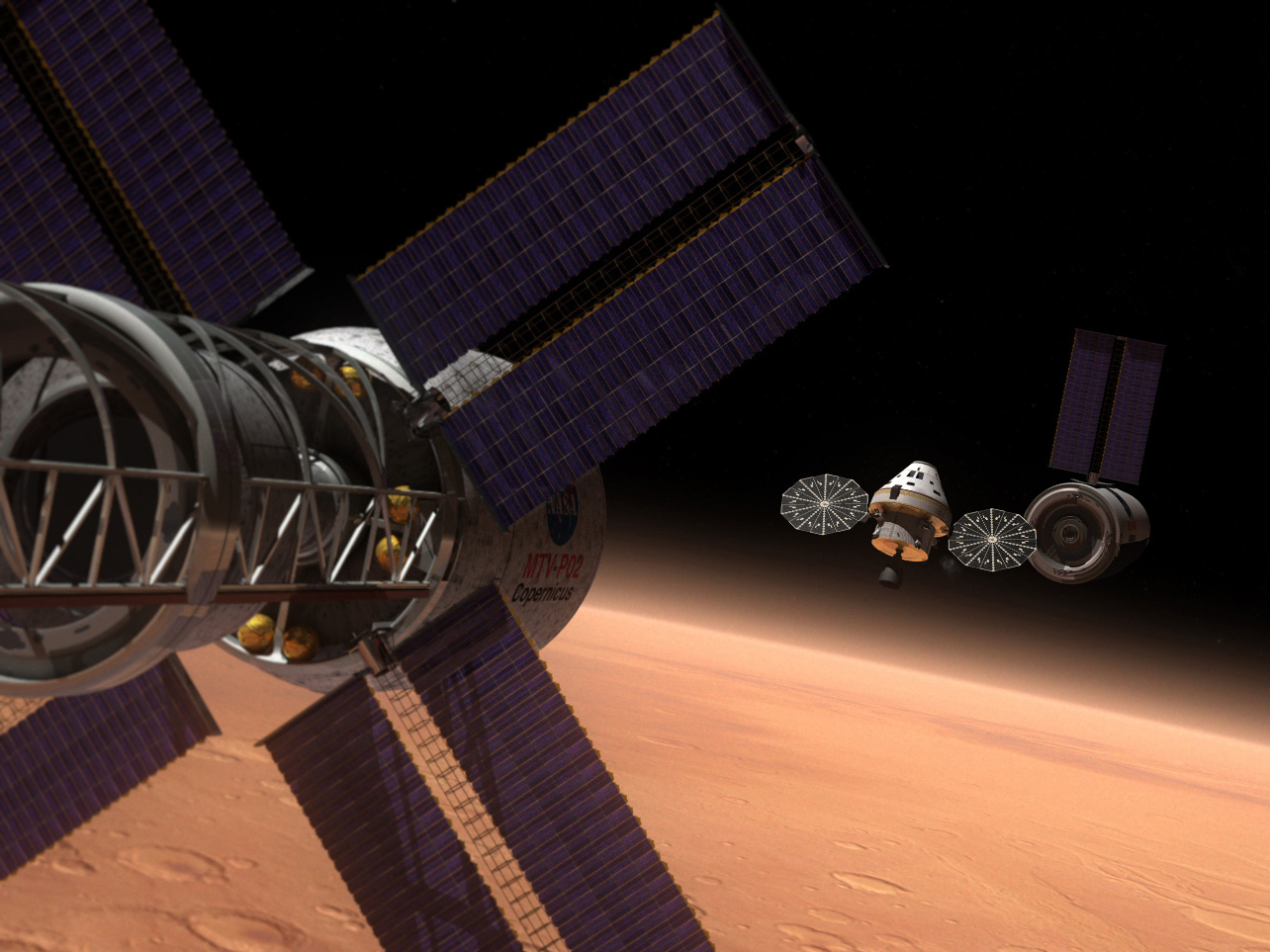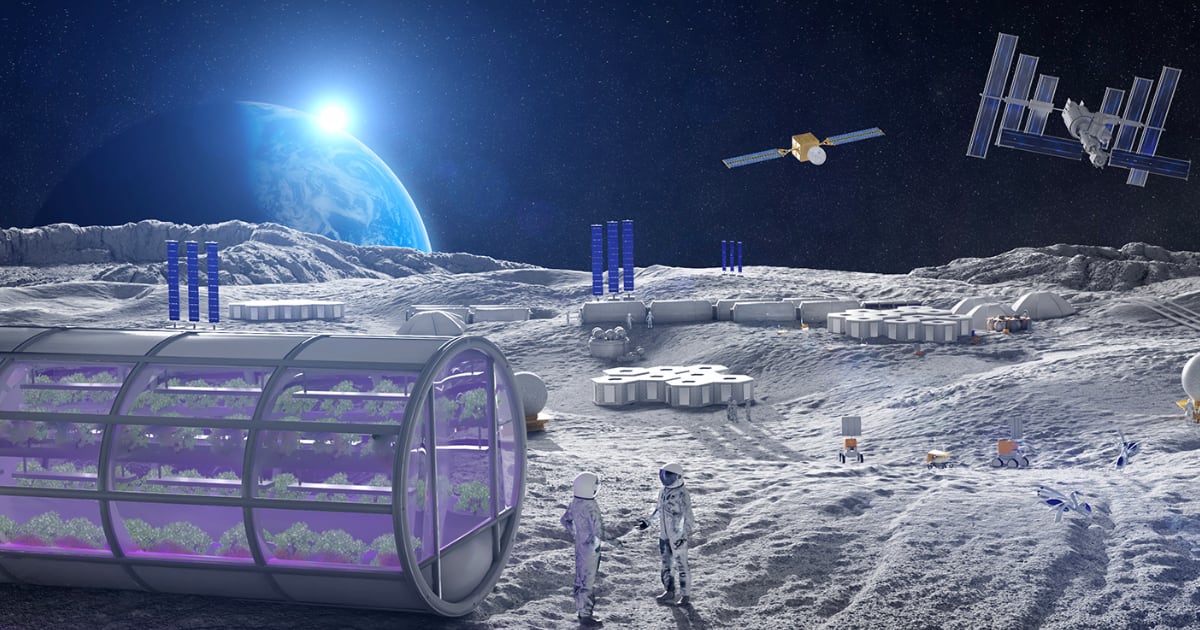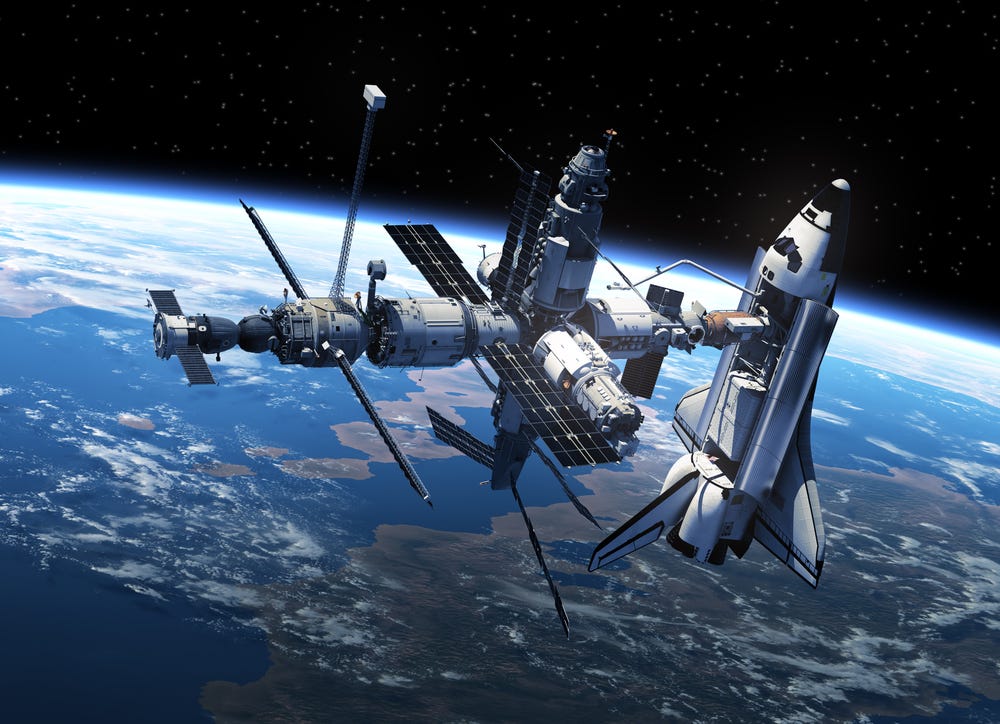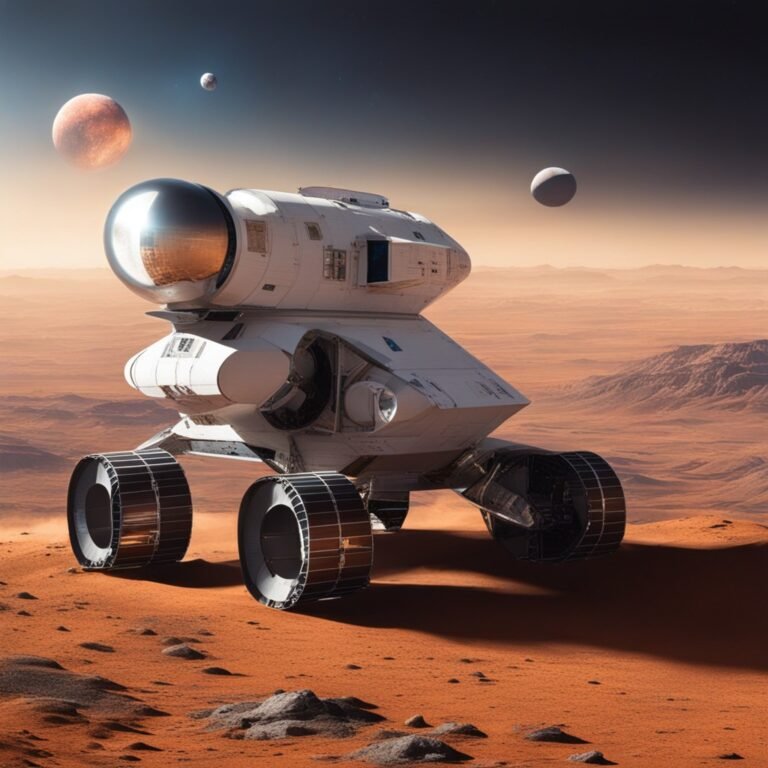The Future of Space Exploration: Unpacking the Potential of Cargo Capacity in 2025
The Future of Space Exploration: Unpacking the Potential of Cargo Capacity in 2025
Introduction
In this auspicious occasion, we are delighted to delve into the intriguing topic related to The Future of Space Exploration: Unpacking the Potential of Cargo Capacity in 2025. Let’s weave interesting information and offer fresh perspectives to the readers.
Table of Content

The Future of Space Exploration: Unpacking the Potential of Cargo Capacity in 2025
The year 2025 stands as a pivotal moment in human space exploration. With private companies and space agencies alike pushing the boundaries of technological innovation, the ability to transport cargo to and from destinations beyond Earth is rapidly evolving. This evolution, driven by a confluence of factors, promises to unlock a new era of scientific discovery, resource utilization, and even the potential for off-world habitation.
The Evolution of Space Cargo: From Humble Beginnings to Ambitious Goals
The journey towards substantial space cargo capacity began with the early days of the space race. The iconic Saturn V rocket, responsible for launching the Apollo missions, was a testament to the engineering prowess of the time, but its primary focus was on human transportation. The subsequent decades saw a shift towards specialized payloads, with satellites and scientific probes taking center stage.
However, this era also saw the rise of the International Space Station (ISS), a remarkable feat of international collaboration. The ISS, with its continuous presence in low Earth orbit, has served as a testing ground for long-duration spaceflight and a platform for scientific research. Its logistical needs, requiring the transportation of supplies, equipment, and even crew members, have spurred the development of dedicated cargo vehicles.
The 2025 Landscape: A Diversified Ecosystem of Space Cargo Carriers
By 2025, the space cargo landscape is expected to be significantly more diverse and robust. Several key factors contribute to this transformation:
- Private Sector Innovation: Companies like SpaceX, Blue Origin, and Rocket Lab have entered the space transportation market, bringing a fresh wave of innovation and cost-effectiveness. These companies are developing reusable launch vehicles, capable of delivering large payloads at a fraction of the cost of traditional space programs.
- Growing Demand: The increasing demand for space-based services, such as satellite communications, Earth observation, and space tourism, is driving the need for more efficient and reliable cargo transportation.
- Focus on Sustainability: The development of reusable launch systems and advanced propulsion technologies is leading to a more sustainable approach to space exploration, reducing reliance on single-use rockets.
- Expanding Exploration Horizons: Missions to the Moon, Mars, and beyond are on the horizon, demanding the capability to transport larger quantities of cargo, including scientific instruments, building materials, and even potential resources for future settlements.
Benefits of Enhanced Cargo Capacity: A Gateway to New Frontiers
The expansion of space cargo capacity brings with it a multitude of benefits, each contributing to a more ambitious and sustainable future for humanity in space:
- Scientific Advancements: Increased cargo capacity enables the transportation of larger and more sophisticated scientific instruments to space. This translates to more comprehensive data collection, improved understanding of the universe, and potentially groundbreaking discoveries.
- Resource Utilization: The ability to transport materials to and from space opens the possibility of utilizing resources found on celestial bodies like asteroids and the Moon. This could provide valuable raw materials for construction, fuel production, and other applications, reducing our reliance on Earth-based resources.
- Space Infrastructure Development: The construction of space stations, lunar outposts, and even potential settlements requires the transportation of massive amounts of building materials, equipment, and supplies. Enhanced cargo capacity makes these ambitious projects more feasible.
- Economic Growth: The space sector is poised to become a significant economic driver, creating new jobs and industries. The development of space cargo capabilities will play a crucial role in this growth, enabling the commercialization of space-based services and resources.
Challenges and Considerations: Navigating the Path to Success
While the potential benefits of enhanced cargo capacity are significant, there are challenges that need to be addressed:
- Technological Advancements: Continued development of launch vehicles, spacecraft, and related technologies is essential to ensure the safe and reliable transportation of large payloads.
- Safety and Reliability: Space travel inherently carries risks. Developing robust safety protocols and ensuring the reliability of cargo transportation systems are paramount.
- Cost and Efficiency: Maintaining cost-effectiveness while achieving increased cargo capacity is a key challenge. Innovation and competition in the space industry are vital to drive down costs and improve efficiency.
- International Cooperation: Space exploration is a global endeavor. Collaboration between nations and space agencies is essential to share resources, knowledge, and expertise, fostering a more sustainable and equitable approach to space exploration.
Frequently Asked Questions
Q: What are the specific technologies being developed to increase space cargo capacity?
A: Technologies like reusable launch vehicles, advanced propulsion systems, and modular spacecraft designs are being explored. Reusable rockets significantly reduce launch costs, while advanced propulsion systems allow for faster and more efficient travel. Modular spacecraft designs allow for customization and scalability, accommodating various cargo types and sizes.
Q: How will increased cargo capacity impact the cost of space exploration?
A: The increased competition and innovation brought about by private companies are expected to drive down launch costs. The use of reusable launch vehicles and advanced propulsion systems also contribute to cost reductions. This makes space exploration more accessible and opens up opportunities for commercial ventures.
Q: What are the potential risks associated with increased space cargo capacity?
A: Risks include potential accidents during launch or landing, collisions with space debris, and the potential for environmental damage. Strict safety protocols, advanced collision avoidance systems, and responsible space exploration practices are crucial to mitigate these risks.
Q: How will increased cargo capacity contribute to the development of space-based resources?
A: It will allow for the transportation of mining equipment, processing facilities, and other infrastructure necessary for extracting and utilizing resources on celestial bodies. This could lead to the production of fuel, building materials, and other valuable resources, reducing our dependence on Earth-based resources.
Tips for Future Success
- Prioritize Safety and Reliability: Invest in rigorous testing and development of reliable launch vehicles and spacecraft to ensure the safe transportation of cargo.
- Foster International Cooperation: Encourage collaboration between nations and space agencies to share resources, knowledge, and expertise, fostering a more sustainable and equitable approach to space exploration.
- Embrace Innovation and Competition: Support the development of new technologies and encourage competition in the space industry to drive down costs and improve efficiency.
- Focus on Sustainability: Promote the use of reusable launch vehicles, advanced propulsion systems, and environmentally friendly materials to minimize the impact of space exploration on the environment.
Conclusion
The expansion of space cargo capacity in 2025 and beyond promises to usher in a new era of human exploration, scientific discovery, and resource utilization. By embracing innovation, fostering collaboration, and prioritizing safety, we can unlock the immense potential of space exploration, paving the way for a future where humanity thrives beyond Earth. The journey ahead is filled with both challenges and opportunities, but with a focus on responsible exploration and a shared commitment to advancing our understanding of the universe, we can ensure that the benefits of space exploration reach far beyond the stars.








Closure
Thus, we hope this article has provided valuable insights into The Future of Space Exploration: Unpacking the Potential of Cargo Capacity in 2025. We appreciate your attention to our article. See you in our next article!